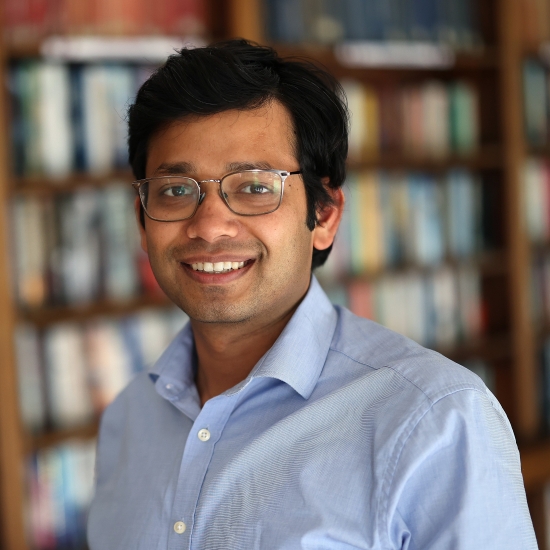From the Lab Bench to the Decision Table: My Journey as an RSA Co-Chair
Posted on: 7 August 2025 by Dr. Rishav Agrawal in Blog posts

Dr Rishav Agrawal is a PDRA in Engineering at the University of Liverpool. He is Co-Chair of the Research Staff Association and a member of the Researcher Development Concordat Steering Group.
When I first arrived at Liverpool as a postdoc, my world revolved around experiments, rheometers, and carefully prepared samples. Like many postdocs, I spent most of my time focused on getting results, improving my code, and keeping projects moving. University governance felt distant, something other people handled. That changed when I joined the Research Staff Association (RSA). At first, I got involved simply to connect with others, people who understood the uncertainty and pressures of postdoc life. I did not have much experience in committee work or policy, and I was not sure if I belonged in that space. But curiosity turned into commitment. In 2022, I became Deputy Co-Chair, and in 2023 I stepped into the role of Co-Chair. This journey has brought me into new spaces, including the Research and Impact Committee, Staff Wellbeing Committee, and Researcher Development Concordat Steering Group.
Finding my voice in the room
I will be honest, in many of these meetings, I haven’t spoken at length. I am still learning the language of strategy and policy, and I have been focused on understanding how these systems work. But I have come to realise that being in the room is a form of participation, especially when you are the only research staff present. Even when I am not speaking, I am listening closely. I have started raising points about the day-to-day realities of postdoc life: things like short contracts, authorship expectations, and the grey area between being “staff” and “student.” These small contributions are starting points, and they matter. As a member of the University’s Researcher Development Concordat Steering Group, I help ensure that the principles of the Concordat, like culture, employment, and professional development, are meaningfully embedded in how the University supports its research staff. Being part of this group has made me more aware of national standards and how we, as researchers, can hold institutions accountable to them.
What I have Learned
Leadership isn’t just about speaking confidently in every meeting. It’s about listening, learning when to contribute, and representing others fairly. Through the RSA, I have developed a broader perspective on how academia functions, and where research staff fit within it. It has also given me access to people I wouldn’t normally meet, senior leadership figures (SLTs) from across the University who are shaping policy and strategy. Having the chance to hear directly from them, and sometimes share my perspective in return, has been an unexpected and valuable part of this journey. I have also gained skills I never expected to, such as communicating across roles, navigating policy discussions, and asking the kinds of questions that challenge assumptions without creating tension.
Final Thoughts
If you are a research staff member wondering whether you can influence anything - you can. You don’t need to be loud. You don’t need to have all the answers. Sometimes showing up, staying engaged, and learning how things work is the first step toward change. The RSA gave me the opportunity to grow, to represent, and to feel part of something bigger than my own research project. I am still learning, but I have come a long way from the researcher who thought these rooms weren’t for him.
Keywords: Confidence, Researchers, Research Staff Association, Teamwork, RSA.